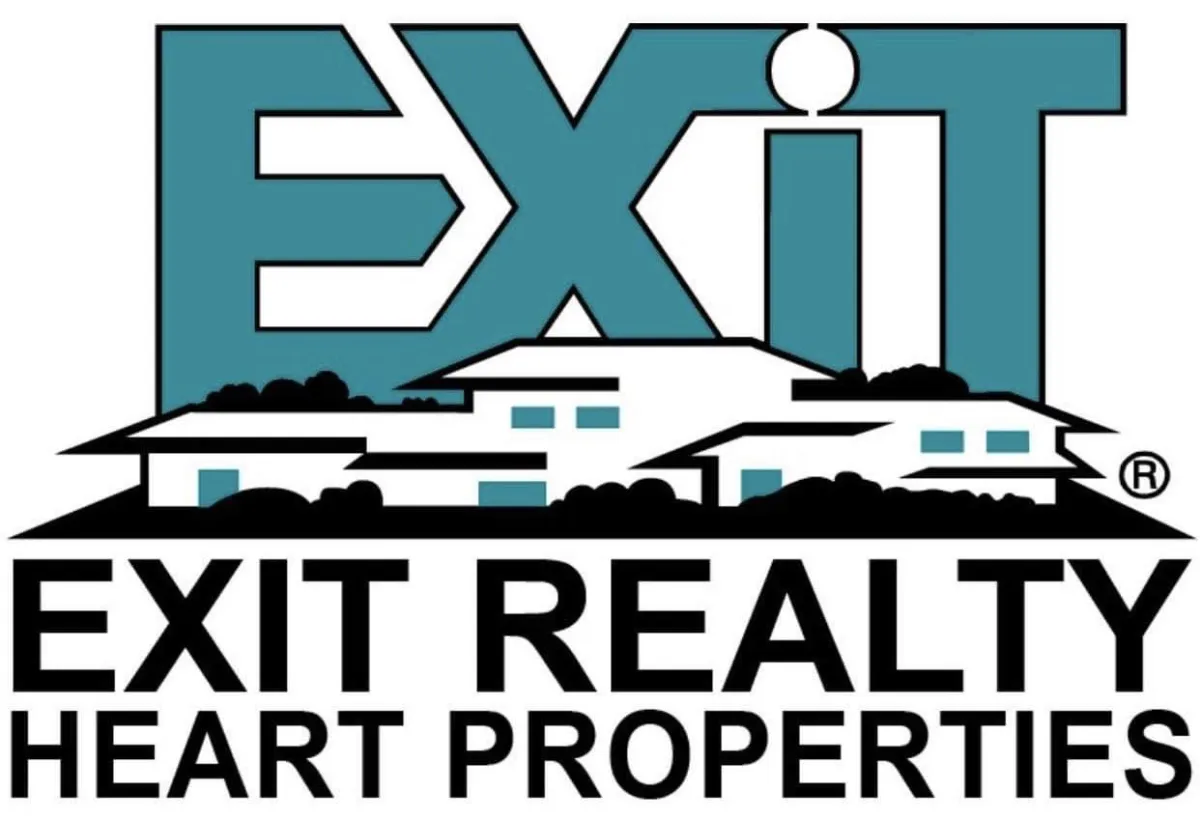
Effective Communication in Real Estate
Welcome to our weekly Agent Insight blog post, where each week we will discuss a new topic that will help you develop your skills as a real estate agent. Up this week: how to effectively communicate in your real estate career to keep your business interactions clear, concise, and successful.
At EXIT Realty Heart Properties, we believe that it is our duty to our clients and to our community to encourage training and education both in our office and on an industry level. If you want to learn more about our office, visit our CAREERS page (link will open in a new window).
Effective Communication in Real Estate
Effective communication is not just a skill; it's an art form that can make or break a real estate transaction. In an industry where relationships and trust are paramount, mastering the art of communication is essential for building rapport with clients, conveying information effectively, and resolving conflicts with finesse. In this comprehensive guide, we'll delve into the intricacies of effective communication in real estate and provide actionable tips and strategies to help you elevate your communication skills and enhance your business.
Why Effective Communication Matters in Real Estate
In the fast-paced and competitive world of real estate, effective communication is more than just a desirable skill—it's a necessity. Here's why:
1. Building Rapport with Clients: Effective communication is the foundation of building strong relationships and rapport with clients. By actively listening to their needs, concerns, and preferences, you can demonstrate empathy, understanding, and trustworthiness, fostering a positive and collaborative working relationship.
2. Conveying Information Clearly and Concisely: In real estate, clarity is key. Whether you're explaining complex legal documents, discussing market trends, or outlining the buying or selling process, the ability to convey information clearly and concisely is essential for ensuring that clients understand and feel confident about their decisions.
3. Managing Expectations: Real estate transactions can be fraught with uncertainty and emotion. Effective communication enables you to manage clients' expectations effectively, providing realistic assessments of market conditions, property values, and potential outcomes while offering reassurance and guidance throughout the process.
4. Resolving Conflicts and Negotiating Deals: Conflict resolution and negotiation are integral parts of the real estate business. Effective communication skills allow you to navigate challenging situations diplomatically, defuse tension, and find mutually beneficial solutions that satisfy all parties involved.
Key Elements of Effective Communication
To master the art of effective communication in real estate, it's essential to understand and embody the following key elements:
1. Active Listening: Active listening involves fully concentrating, understanding, responding, and remembering what is being said. Practice active listening during client meetings, showings, and negotiations to demonstrate your attentiveness and empathy, and to gain a deeper understanding of your clients' needs and preferences.
2. Clear and Concise Communication: Strive to communicate information clearly, concisely, and in a manner that is easily understood by clients. Avoid jargon and technical language, and use simple and straightforward language to convey complex concepts and ideas.
3. Empathy and Understanding: Empathy is the ability to understand and share the feelings of others. Show empathy towards your clients by acknowledging their concerns, validating their emotions, and offering support and reassurance throughout the buying or selling process.
4. Transparency and Honesty: Transparency and honesty are essential pillars of effective communication in real estate. Be upfront and transparent with clients about all aspects of the transaction, including potential challenges or risks, and always prioritize honesty and integrity in your interactions.
5. Adaptability and Flexibility: Every client is unique, and their communication preferences may vary. Be adaptable and flexible in your communication style, tailoring your approach to meet the needs and preferences of each client, whether they prefer phone calls, emails, text messages, or face-to-face meetings.
Actionable Tips for Enhancing Communication Skills
Now that we've explored the importance of effective communication and the key elements involved, let's dive into some actionable tips and strategies for enhancing your communication skills in real estate:
1. Establish Clear Channels of Communication: Set clear expectations with clients regarding communication channels, response times, and preferred methods of contact. Establishing clear channels of communication from the outset helps to minimize misunderstandings and ensures that clients feel supported and informed throughout the process.
2. Practice Active Listening: Practice active listening techniques, such as maintaining eye contact, nodding, paraphrasing, and asking clarifying questions, to demonstrate your attentiveness and understanding during client interactions. Avoid interrupting or rushing the conversation, and give clients ample opportunity to express their thoughts and concerns.
3. Use Technology to Your Advantage: Leverage technology tools and platforms to enhance communication efficiency and effectiveness. Utilize customer relationship management (CRM) software to organize client communications, schedule follow-ups, and track interactions, and consider incorporating virtual tour platforms, video conferencing, and digital signing tools to streamline the transaction process.
4. Provide Regular Updates and Feedback: Keep clients informed and engaged throughout the buying or selling process by providing regular updates, feedback, and progress reports. Whether it's updating clients on new listings, scheduling showings, or providing feedback from open houses or inspections, proactive communication helps to build trust and confidence in your services.
5. Seek Feedback and Continuous Improvement: Solicit feedback from clients at various stages of the transaction process to gauge their satisfaction levels and identify areas for improvement. Actively seek opportunities for professional development and continuous improvement in your communication skills, whether through training programs, workshops, or mentorship opportunities.
Conclusion: Mastering the Art of Effective Communication
Effective communication is not just a skill; it's an art form that can elevate your real estate business to new heights. By mastering the art of communication, you can build strong relationships with clients, convey information effectively, and navigate challenging situations with finesse. Incorporate the key elements of effective communication into your interactions, implement actionable tips and strategies to enhance your communication skills, and strive for continuous improvement and growth. By doing so, you'll position yourself as a trusted advisor and partner to your clients and achieve greater success in the competitive world of real estate. Tune in for more expert insights and strategies to help you master the art of effective communication in real estate!








